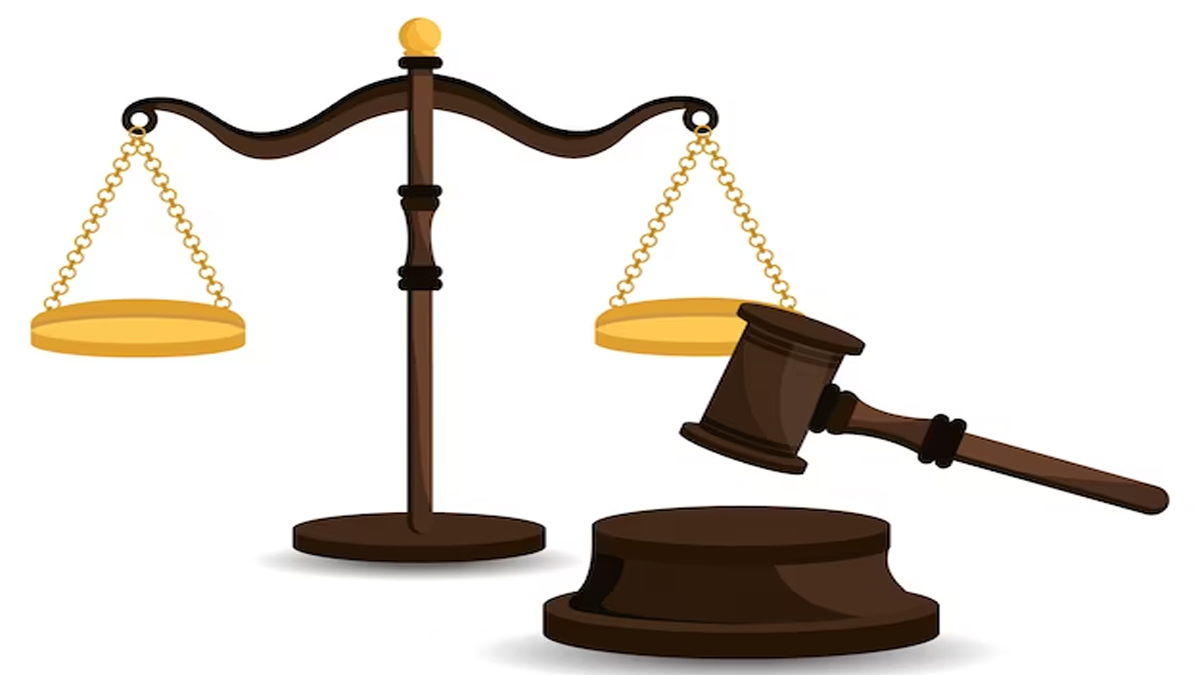Article 35A: Background and Origin
Article 35A was inserted into the Indian Constitution through a presidential order in 1954 under Article 370. Article 370 granted special autonomous status to the state of Jammu and Kashmir, allowing it to have its own constitution and decision-making powers in certain matters. Article 35A was a provision that gave the Jammu and Kashmir state legislature the power to define “permanent residents” of the state and provide them with special rights and privileges.
Key Features of Article 35A:
- Defining Permanent Residents:
Article 35A allowed the Jammu and Kashmir state legislature to define who qualified as a “permanent resident” of the state. These residents were granted certain exclusive rights and privileges in terms of property ownership, employment, and other government benefits within the state. - Special Rights and Privileges: Permanent residents of Jammu and Kashmir were given special rights and privileges in various aspects of life, including:
- Property Ownership: Only permanent residents were allowed to own property in the state.
- Employment: Government jobs in the state were reserved for permanent residents, preventing non-residents from competing for these positions.
- Government Benefits: Permanent residents were entitled to benefits like scholarships and other forms of government aid.
- Challenges and Controversies:
Article 35A came under significant scrutiny and criticism over the years. Critics argued that it perpetuated a form of discrimination, as it allowed the state to treat non-residents differently and denied them certain rights and opportunities. It was also criticized for impeding economic development in the region by limiting investment and business opportunities. - Legal Challenges:
Several petitions were filed challenging the constitutionality of Article 35A. Critics argued that it was inserted into the Constitution without proper parliamentary approval and that it violated the fundamental rights guaranteed to all citizens of India. These legal challenges culminated in the Supreme Court of India’s involvement.
Supreme Court Involvement:
The Supreme Court of India was scheduled to hear a batch of petitions challenging the constitutionality of Article 35A in 2019. However, the hearing was repeatedly postponed, and as of my last knowledge update in September 2021, the court had not made a final decision on the matter.
Potential Implications:
If the Supreme Court were to rule Article 35A unconstitutional, it could have significant implications for the special status of Jammu and Kashmir and its relationship with the Indian Union. It could also impact the socio-economic dynamics and political landscape of the region.
For the latest information on this topic, I recommend checking reliable sources or news outlets.
